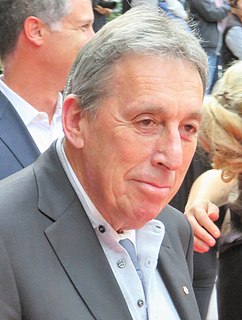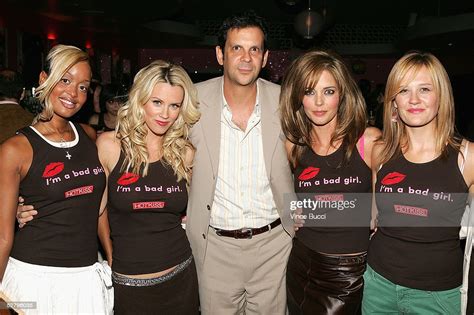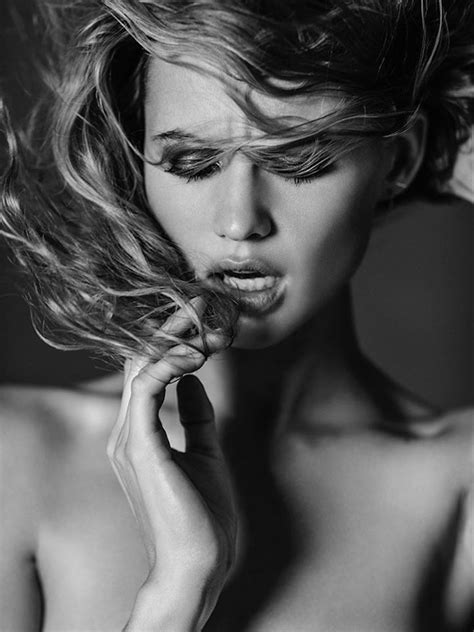A Quote by Ivan Reitman
The hardest thing for everyone, for the writer, for the director and certainly for the actors, is not to panic when they're doing a certain line for the tenth time because everything ceases to be funny after it's been repeated.
Related Quotes
I'm kind of the boss. I could fire myself if I ever got out of line, and I can hire myself too which is a good thing. It gives me a responsibility to the financial realities of the picture. I'm an extremely conscientious producer and now equally as a director and it now gives me the opportunity to look at the entire movie and allow the movie to be the creative vision of the actors, the writer and myself, because I'm in charge of it from a producer and a director point of view. It gives me freedom and it gives me a certain degree of responsibility at the same time.
People have a different idea of how movies are made than they really are. On a certain level, everyone throws ideas into the hopper. It's not like the actors are wind-up dolls that you push out onto the floor, play with, then put back in the box. You get people around you who you trust; the writer, the producer, the director and all the actors all contribute.
As a writer, you're always trying to say the best thing. You're always thinking about what's the best thing to say, and what's the hardest way to say it, and what's the best line? Sometimes the best line is the simplest line. Sometimes the best line is the line that evokes more feeling than actual wordsmithing.
Sometimes people don't rehearse at all, but you might have had a chance to rehearse for a few days, or even more than that. Then in the moment when the camera's running is the only time it matters. So whatever you've discussed or thought about or discussed with the director, the other actors, hopefully there's a part of the experience that you've left open so that only in that moment the camera catches it. That's of course the hardest thing to do because everything is planned and you have thought about it in advance.
There is something about the vocal quality of the actors who can really do it. Jim Burrows, the great sitcom director who directed Will & Grace and Cheers, when an actor comes in to audition for him, he never looks at them. He just listens. Because funny is funny. You can be fooled by the eye, but if your performance is funny to the ear, it will be funny.
Composition is what's similar between being photographer and director. As a photographer, you're sort of doing everything - you're directing the lights and you're framing and you're moving around. The hardest thing to learn as a director is how cameras have to move. You have to have patience, you have to learn how to look through the lens and then you have to learn to combine all of the compartments into one great image.
I think that for a lot of actors - especially American actors - to get line readings and to be told and have your director literally act out the part for you is sort of discouraging in a way. It's a very Eastern European thing to do - a lot of directors that I worked with in Russia did that as well. And, I never took that as an insult, as many actors tend to do. To me, I think it's just offering a certain energy - offering their flavor - and, instead of trying to sort of decode and communicate it to you, they just show you their flavor of what it should be.
I ask my assistants if they're retarded all the time. When the camera is on you, of course, actors have the ability to make it real. For me, if I'm not talking, it is a problem. I have so much more respect for actors after being in front of the camera, and I realize that the hardest part is when you're not talking. Listening is harder than just acting. Listening is the hardest part.




































